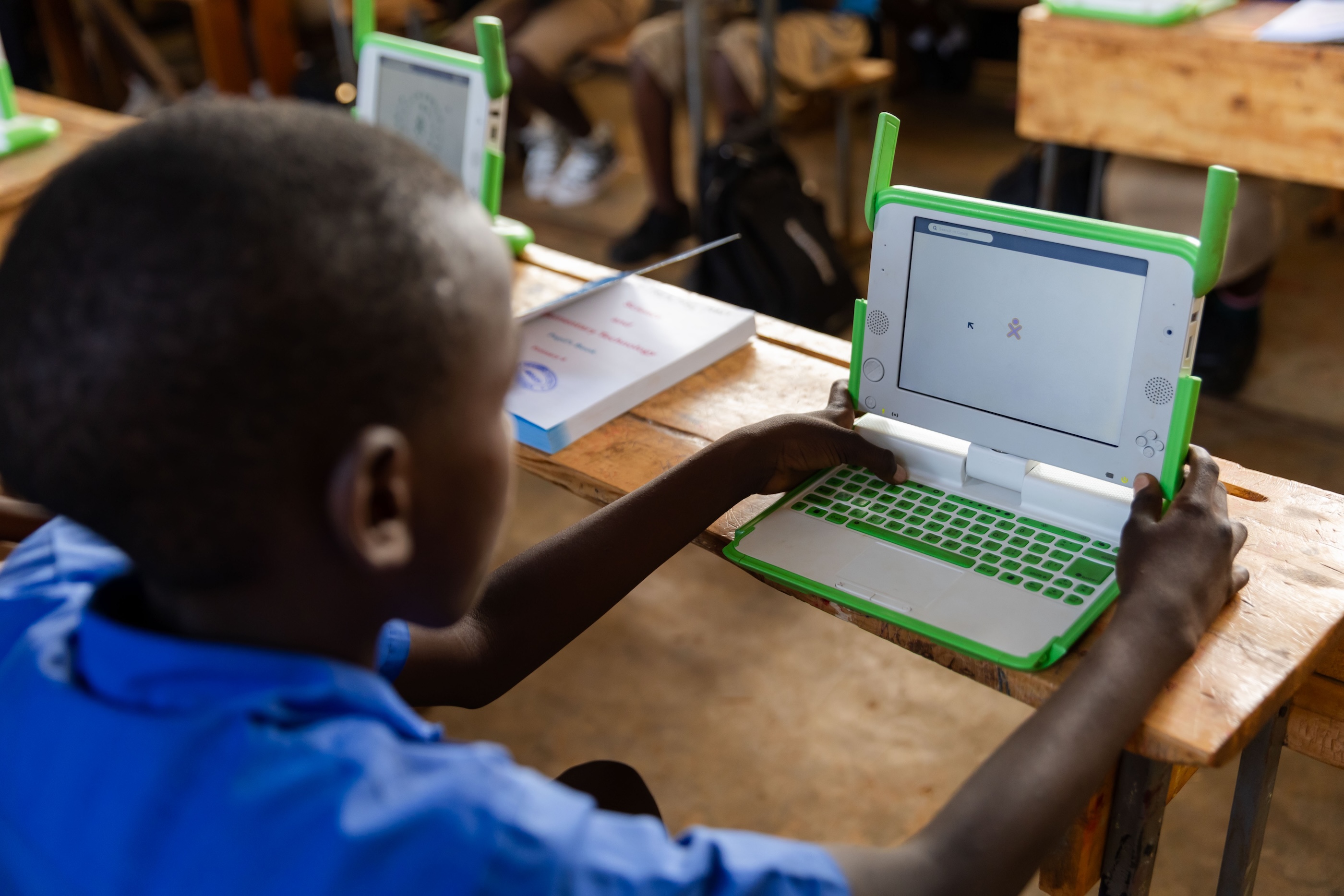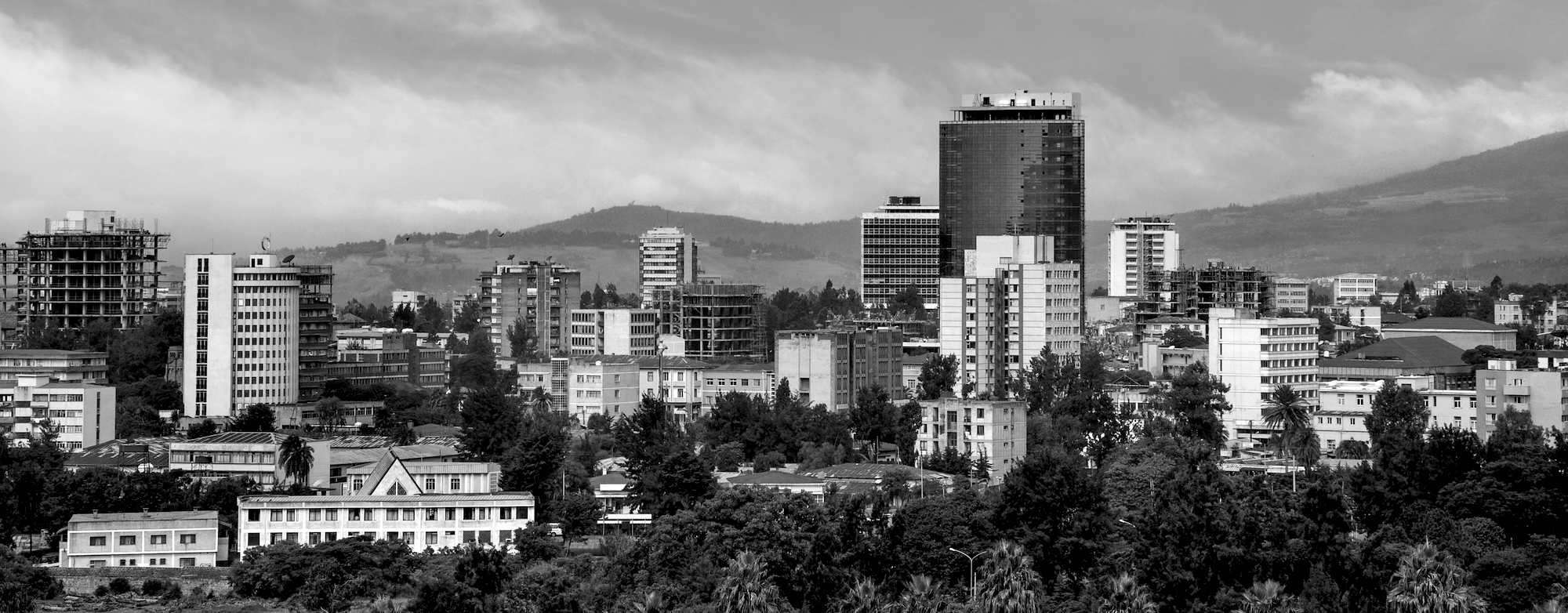The Government of Rwanda has been a leading innovator in modernizing its school curriculum to meet the realities of today’s economy. Boosting digital skills amongst the country’s young population has been central to this reform.
Rwanda has set a goal that all students attain a digital passport as a requirement of graduating secondary school. The passport indicates mastery of core technological competencies such as word processing, information searches, spreadsheet proficiency, and development of presentation tools, as well as an understanding of basic programming. The program aims to train 500,000 young people over five years.
As a prerequisite to the program being fully functional, teachers and school administrators also need digital literacy training so that they can effectively guide their students.
In 2023-24, the Ministry of ICT and Innovation, in collaboration with the Ministry of Education, set out to train a first wave of approximately 80,000 students and 10,000 secondary school teachers. The Government is focusing on building sustainable systems that will allow it to equip an additional 425,000 students with the digital skills necessary to compete in the global marketplace.
The focus on digital literacy complements other efforts being made by Rwanda in the digital space, including the Digital Acceleration Project, a program funded by the World Bank and the Asian Development Bank to improve access to devices; the Giga initiative, which seeks to connect 43% of schools in Rwanda to the internet; and the Smart Classroom project, which has already equipped 13% of schools in Rwanda with digital tools.

